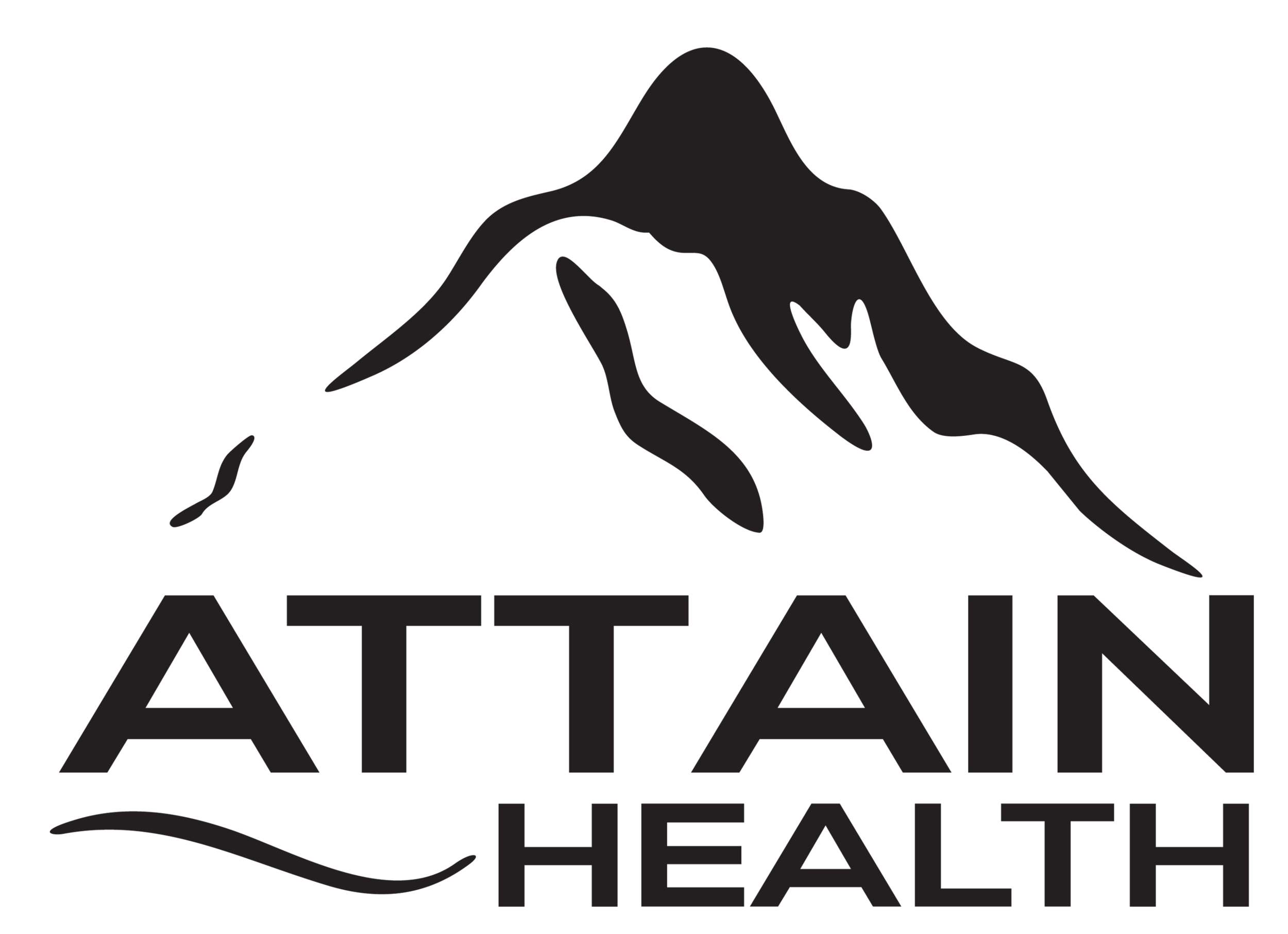Is There a Litmus Test For Advocacy?
Every part of my being is in conflict right now. I’m trying to wrap my head around how we can systemically promote peace, education and awareness to those who have sustained unimaginable, society-generated barriers to freedom. Light is finally revealing the racism and inequality that has perpetuated genocide, encouraged marginalization and created suppression of the rights and values of so many remarkable humans in our world.
I have spent the last few weeks reeling from conversations that I have engaged in, regarding our current state of unrest. Some empower me with hope, and some make me question if support, education and advocacy has innate levels of value. Is there a right or a wrong way to be an advocate? A wise mentor once said, that our weekly mission in life is to “comfort the afflicted and afflict the comfortable.” Those words are paramount right now, as hate and racism are glaring each of us in the eye, challenging our values and our willingness to be a voice for those have lived lifetimes in persecution and forced silence.
Our society is suddenly a raging compass of morality, and I so welcome this long-awaited challenge. As a social worker, I live in gratitude that the profession that I built my life on, armored me with the knowledge of what equality truly means and that advocacy has many faces, all of which are necessary to achieve the goal of riding this world of hate and all the “ism’s.”
That being said, I question, are there levels of value placed on the expression of advocacy, or is it merely the fact that you are advocating? Can we individually challenge ourselves to be better humans, raise better humans, create social support, acknowledge disparity and commit to change? Or is advocacy only based in community action? In other words, if others don’t see my commitment, does it still count?
I do not walk. Please do not presume this means I am impartial to this systemic ugliness that the walk stands for. Nor is it because I am afflicted by this action, rather, I know that I can cause more affliction to the system by other methods of advocacy. That does not mean that I see less value in your form of advocacy, but rather I know my strengths and I know that it takes a village to make change.
So, I run. I run toward my own education of supremacy and how it silently positions itself into conversations and actions. I run toward opportunities to mentor my children to be leaders in this fight. I run towards creating space for the minority communities living with CF. I run to equality and the notion that we can promote peace in many ways, the only requirement is that you do something, use your own unique skills to be a leader and an advocate on any level that empowers those who have experienced generations of persecution due to cultural dominance and oppression.
